Irrealis Mood, 2016
Fondazione Sandretto Re Rebaudengo, Turin
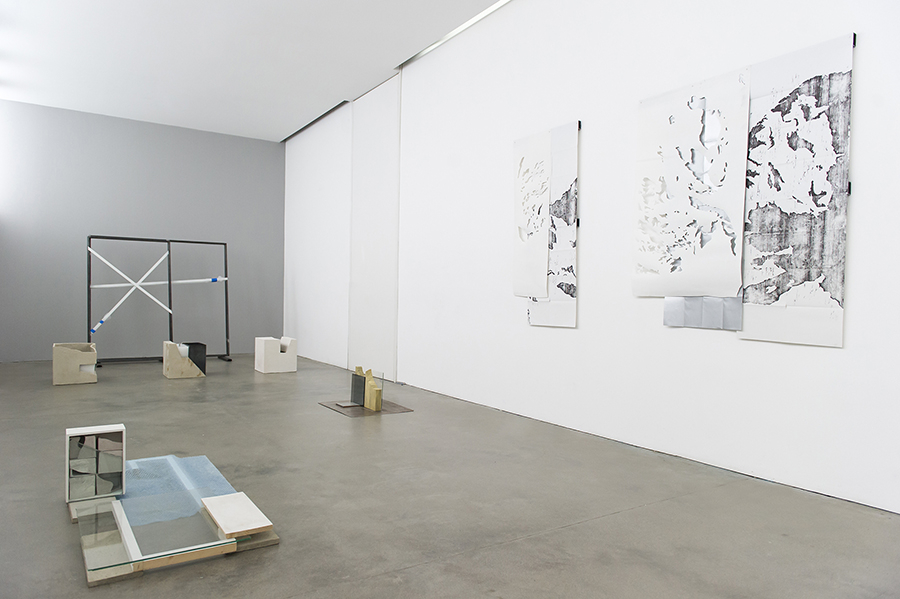
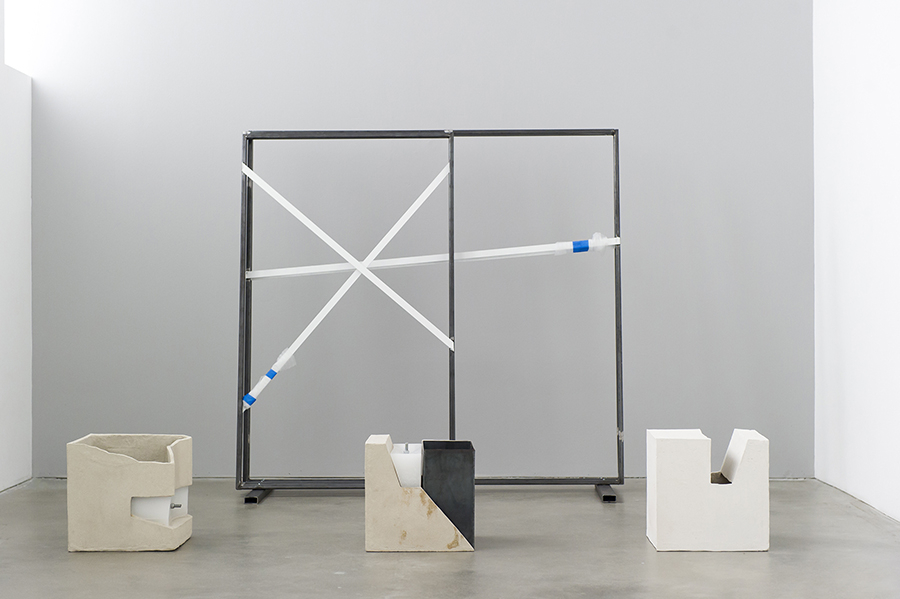
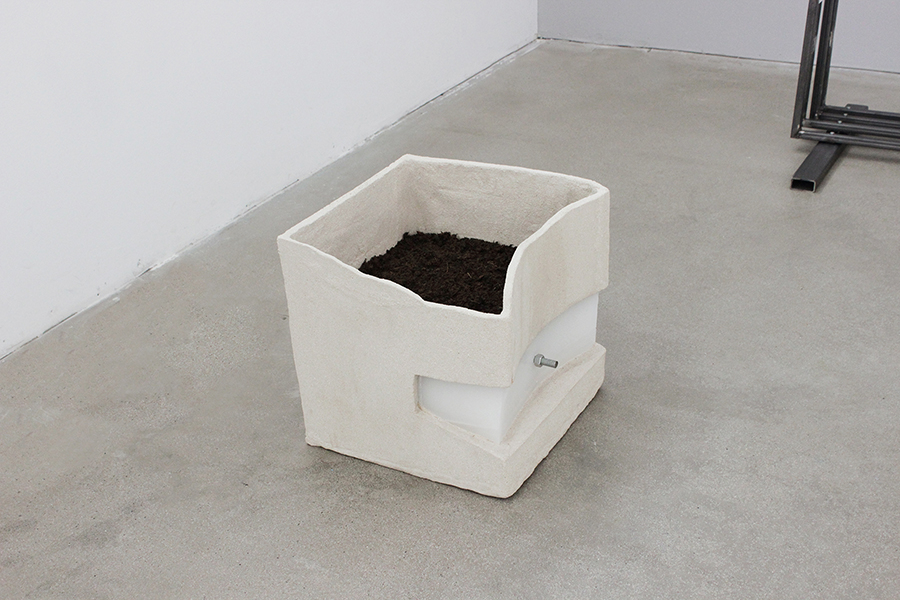
Uma Jornada Infinita de Sonhos e Descobertas, 2016
Cerâmica, aço, cera, terra, plástico bolha, fita crepe e tinta sobre parede
Ceramic, steel, wax, soil, bubble wrap, masking tape and painted wall
Dimensões variadas / Variable dimensions
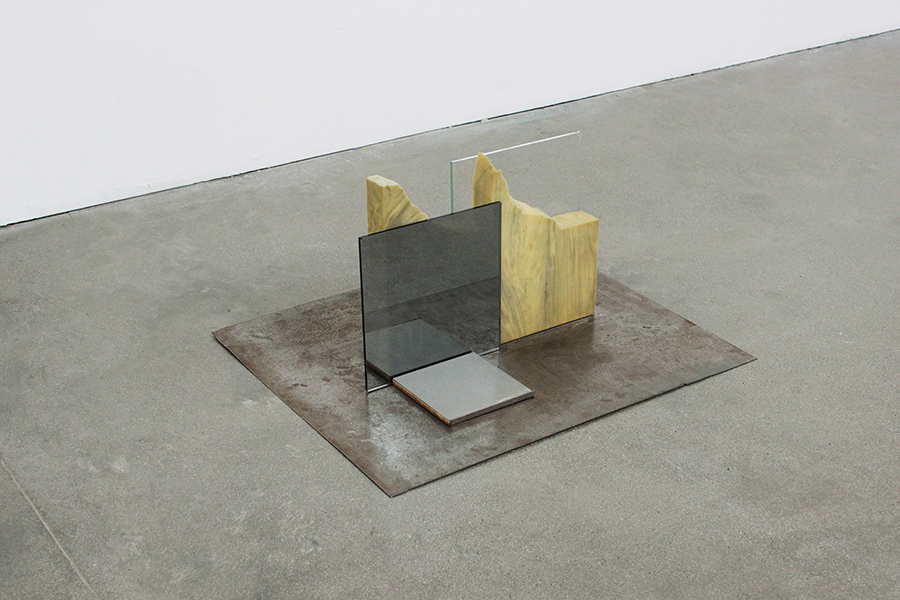
Always and Again this Pathetic 'If', 2015
Espuma, chapa de aço, vidro, vidro semi-reflexivo, mdf
Foam, steel, glass, semi reflexive mirror, plywood
55 x 68 x 31 cm
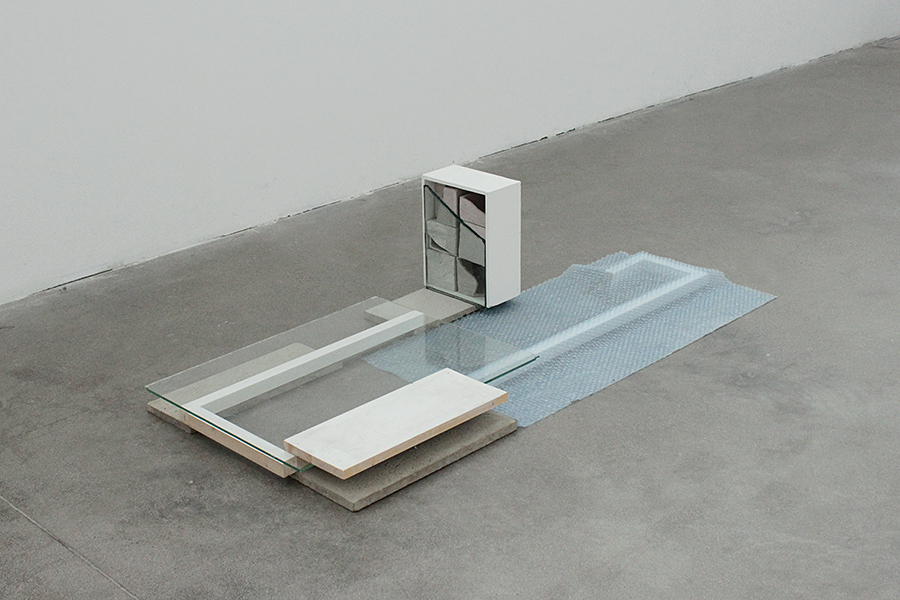
Charles Darwin’s Face On Banknotes, 2016
Concreto, cerâmica, mdf, madeira pintada, plástico bolha
Concrete, ceramic, painted wood, glass, plastic bubble wrap
180 x 110 x 40 cm
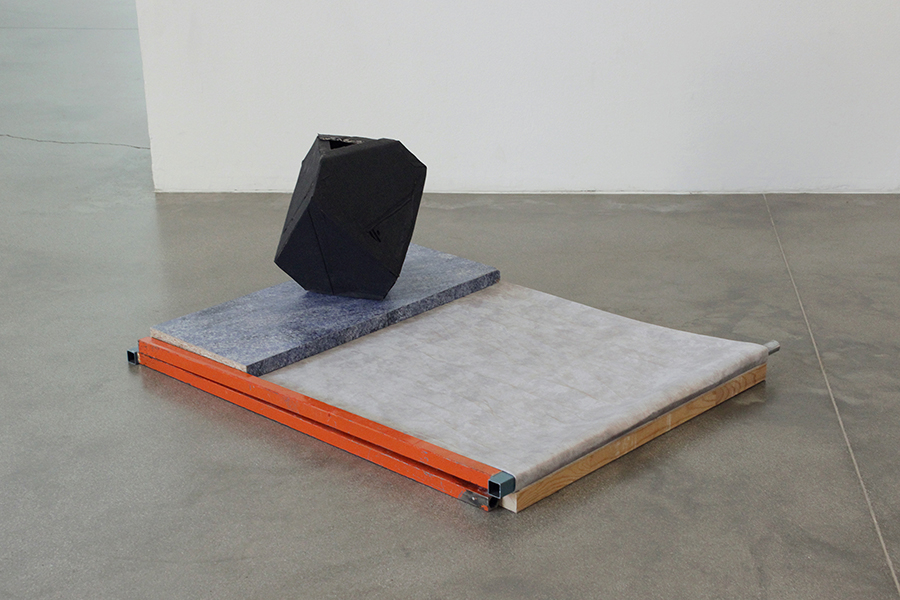
What is Beautiful I Do Not Know, 2016
Mdf, fórmica, aço e papelão pintado
Plywood, formica, steel, painted cardboard
95 x 70 x 40 cm
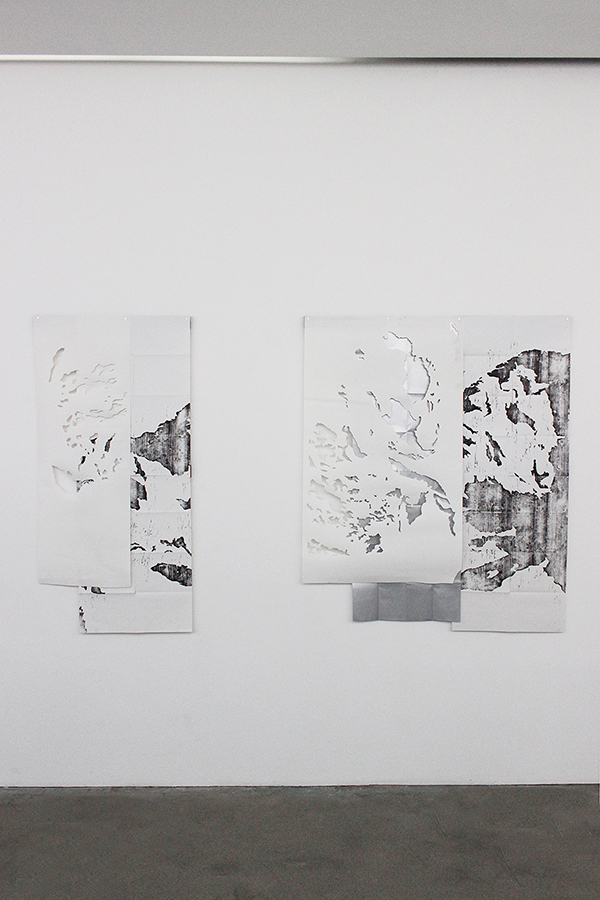
Borborema, 2016
Xilogravuras, estêncil, cartaz offset, aço, imãs
Woodcut prints, stencil, offset posters, steel, magnets
245 x 145 cm